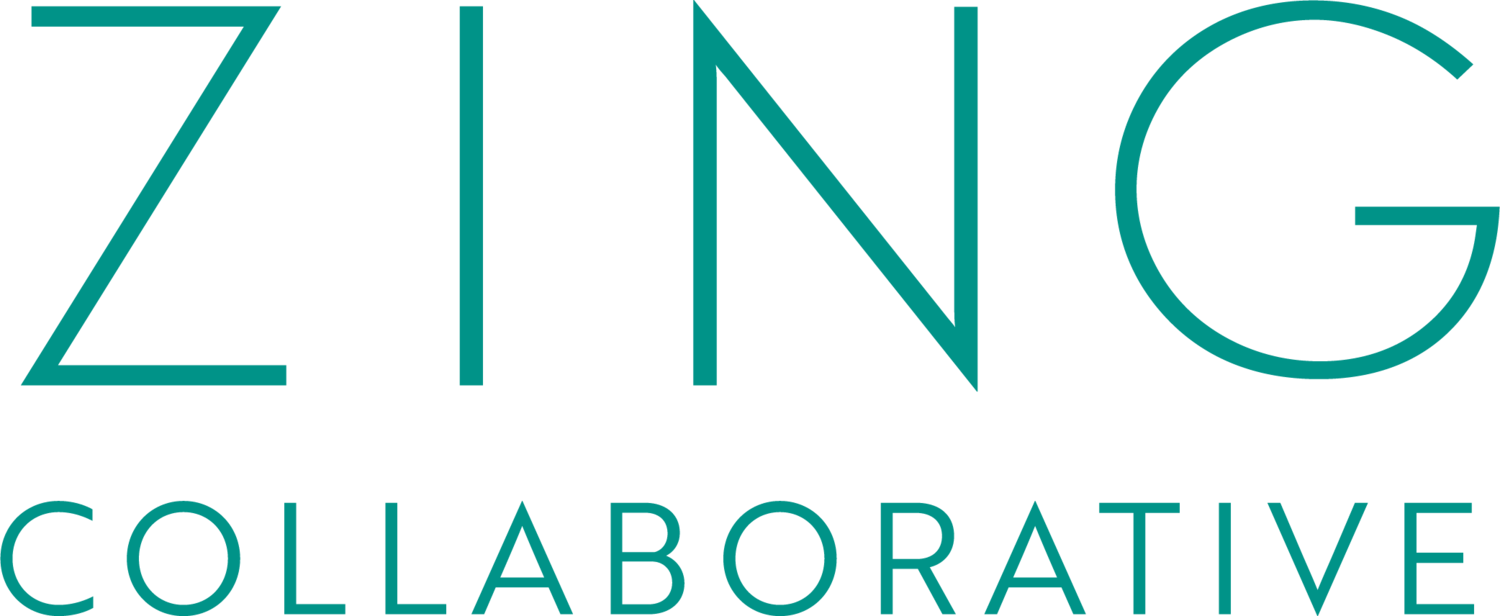VULNERABILITY HANGOVERS
Expansive Impact: An Invitation to Lead was officially born into the world this week!
Vulnerability Hangovers. Photo Credit: Vadim Kaipov
Even though the book has been making its way out into the world over the past few months, publication week is bring up all of the feelings.
There is abundant joy and gratitude and excitement. And also, there is plenty of: oh crap, this thing is now officially out in the world and there is no going back!
Brene Brown has talked about the idea of a vulnerability hangover after her TED Talk (on vulnerability, ironically) went viral. The idea is that if we put something out into the world, we might wake up the next morning wondering, “what did I do?” Or, “do I share too much?”
Even though Expansive Impact is reaching a teeny tiny fraction of a sliver of the people that Brene's TED talk reached, I have found her description of this feeling to be accurate.
Unlike something we might write online in a blog post or on social media or via an online journal, there are no edit or delete or revise buttons for a printed book. We can't go back in and add that one thing we thought of, or fix that one sentence that wasn't as clear as we had hoped, or clarify that other concept a bit further.
The ink is dry on the pages, and each copy of the book is making its own little journey out into the world.
While these little individual book journeys are part of the beauty and magic of a book, the idea is also mildly terrifying.
Is the phrasing in this chapter correct?
Should this reference been included on the page, rather than as an endnote?
Should I have left the endnotes as footnotes so that they would have been included on the page and this would have been less of a question in the first place?
Do my teachers and leaders and mentors know the depth of my gratitude for all that came before–and were my attempts to convey this throughout the book successful?
Will e-book readers be able to get the full impact of the tables within?
The list goes on.
And as it does, here's what I'm reminded of: with each new challenge that we take on, there will likely be a new set of stuff to work through. As the stuff arises, we have the opportunity to continue to look within from a place of curiosity and compassion.
If you, too, are dealing with any version of a vulnerability hangover, or feeling, as a dear friend and client recently called, “Self-Doubty" (thank you, J!), a helpful practice can be to consult your Trusted Few. You'll find this practice in the book, and it involves:
Considering: who are the people in our Trusted Few–the people we trust deeply, the opinions we trust, and the people who we really do want input and feedback from?
And then, either consulting our Trusted Few, or considering how they will receive the thing: the email, the book, the work of art, the resignation departure.
From there, we can work to set aside the real or imaginary voices of the Ambiguous Many—the amorphous they (what will they think?) or the murkily defined others (what will other people think?) Often the critical voices in our head can be tied back to the Ambiguous Many, rather than our Trusted Few.
Other practices for moving through the gulp of putting something new out into the world include:
Phoning a friend (ideally someone from our Trusted Few)
Putting on a good playlist
Moving our bodies
Breathing (always useful)
Noticing the feelings that are arising without attaching a story or judgment to them
Practicing gratitude and appreciation
Engaging in some sort of light mindfulness practice.
Practices that others have shared include:
Freeing ourselves from ego (no biggie, right?!) and embracing a Taoist philosophy (thank you, A!)
Practicing prayer and quiet contemplation (thank you, L!)
Getting outside in nature – helps ground me and temper my significance in the world while reminding me that even nature is imperfect, and who am I to think I’d be any different?; moving my body; digging in the soil (thank you, A!)
Listening to a soothing podcast or consulting a trusted teacher (thank you, K!)
What about you? Have you ever experienced a vulnerability hangover? And, if so, what tools have you used to move through it?
Thank you for reading. This post is modified from this week’s Friday Favorites, which goes out to the Zing Collaborative community each week on Friday mornings (central time). If you would like to receive posts such as these in your inbox, along with recommendations and reflections for the week, you can join us by signing up here.

